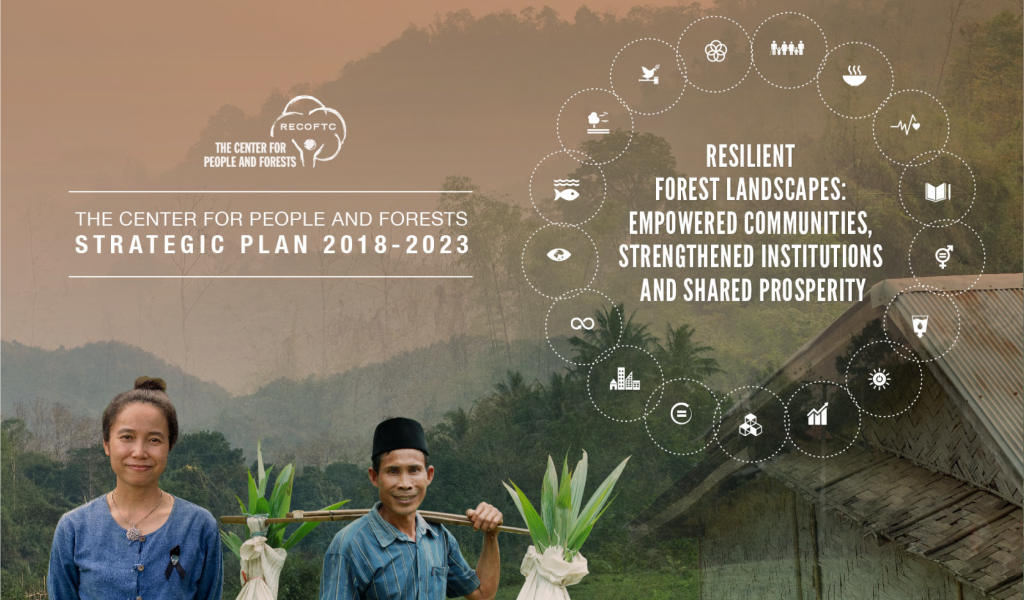A Storied History, A Bright Future

In 1987, Dr. Somsak Sukwong of Kasetsart University collaborated with the Food and Agriculture Organization of the United Nations (FAO), the Government of Switzerland, and Kasetsart University to help establish the foundations of participatory and community - based forest management (CF) in the Asia - Pacific Region.
As mandated by RECOFTC’s Charter, our original purpose was “to assist the people of the Asia - Pacific Region to manage their forests and related natural resources for the greatest social benefit,” reflecting our understanding that social and environmental issues are closely intertwined.
31 years later our institution is proud to say we have done just that, growing from a training center to a leader of community forestry in the region. Since 1987, we have trained over 60,000 people, with over 30 percent of our participants being female. This support has contributed to over 15 million hectares of forested land being managed by local communities and over 100 legislative instruments enacted to improve forest tenure and livelihood security of local people.
2018, however, has brought new challenges. Even though indigenous peoples and local communities manage, in carbon, the equivalent to 33 times the global energy emissions in 2017, these communities still face blatant inequalities in the legalization process, owning approximately 10 percent of land globally. The ramifications for climate change, economic growth, and social progress is staggering.
The Center for People and Forests, historically known as RECOFTC, continues to adapt to these contemporary issues while following a simple axiom: local people hold the key to healthy forests. We are able to do so because our dedicated staff has continuously labored to balance development and sustainability. As the world moves forward with shifting demographics and encroaching climate catastrophe, this delicate balancing act will become more difficult to manage.
Therefore, the time has come to implement new approaches that are rooted in our fundamental principles; to promote collective action and stand together in spite of increasingly reclusive political commitments and trends.
Our response is The Center’s new Strategic Plan. By broadening our scope to include landscape collaboration, we will transform the way forest governance is perceived and instituted across the region. By engaging the private sector and developing enterprising communities, we will promote a feasible system of cooperation that allows for sustainable and resilient development to occur. And by emphasizing the role that women and other marginalized people have in combating climate change, fostering sustainability, and promoting equality, our approaches will untangle the dense web of social, political and environmental issues threatening our future. The Center will implement these approaches within the globalized and technologically advanced world in which we reside, developing a transformative communications strategy directed towards public and collective action.
Our response will help 4.8 million people in and near forest landscapes live more equitably, with dignity and greater empowerment to protect themselves from the injustices of poverty and environmental degradation.
The time has come to ensure a healthier future for us all; the time has come for us to do so together.
David Ganz
Executive Director, The Center for People and Forests (RECOFTC)

